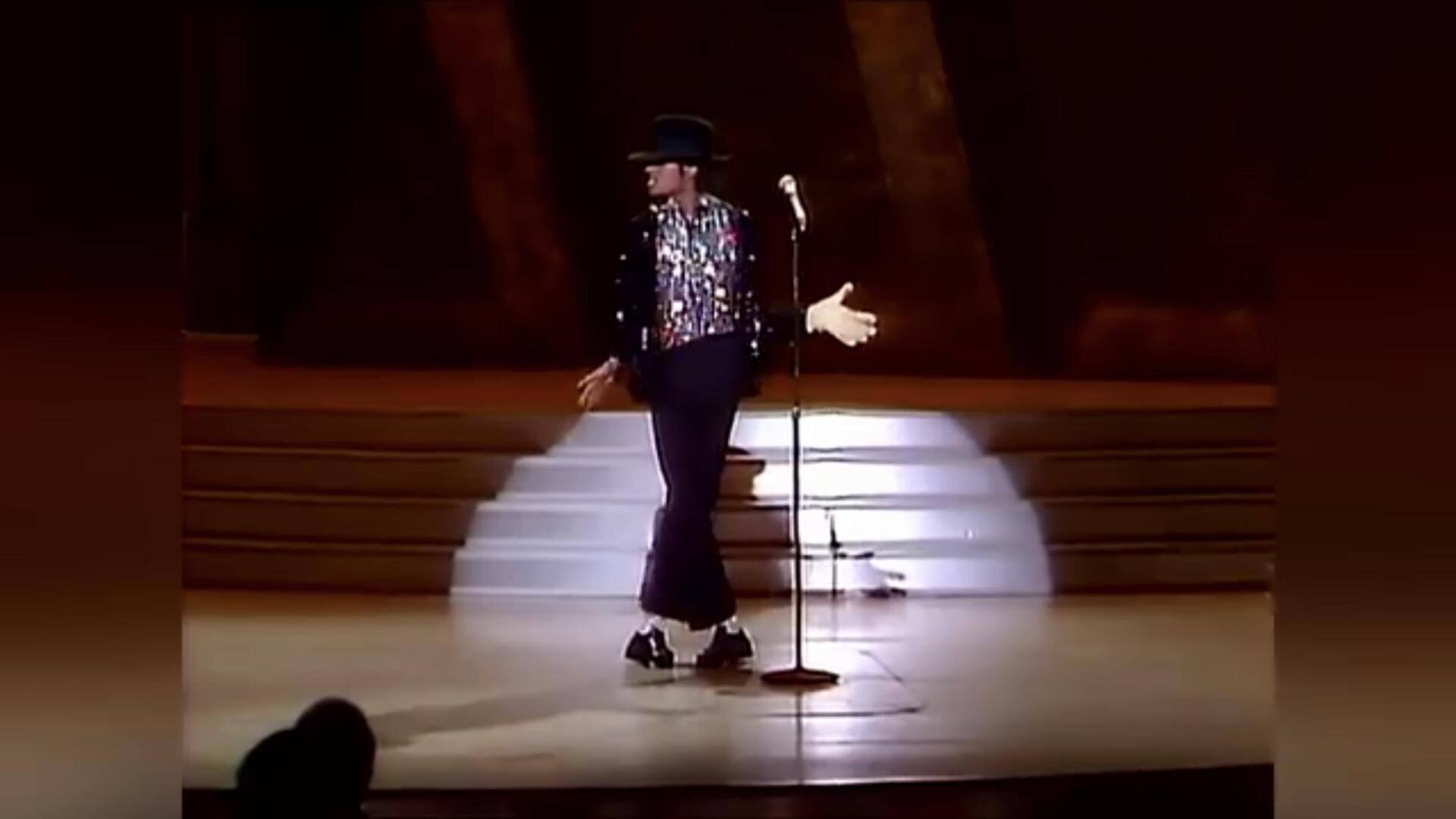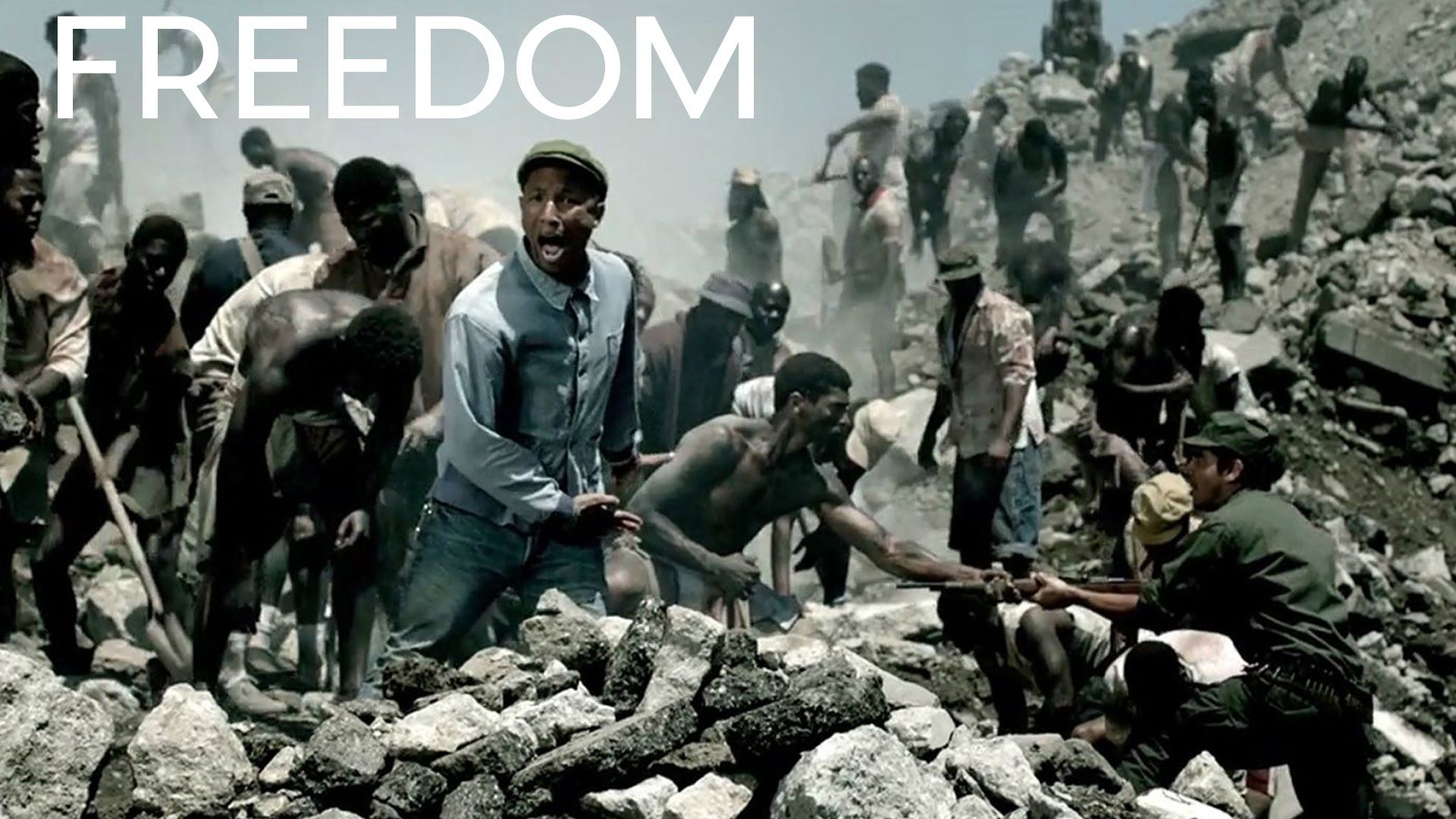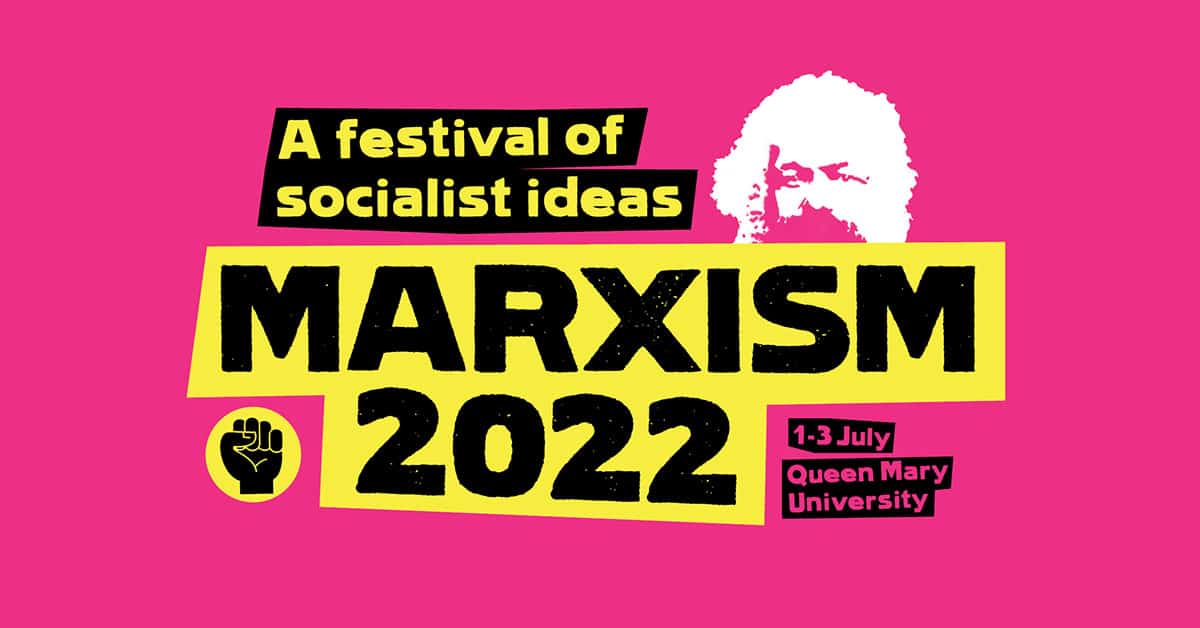Trains of Thought
Cultural Theories of Speed and Solidarity

Marxism 2022: Reflection Four
There is a fundamental disillusion amongst free spirits, wrote Ali Shariati, who have founded the present intellectual movement of freedom that rejects the collective subordination of Marxism and religion.[1] These modern and premodern schools of thought have assumed the subject of a state religion, its worship—in truth—supplanting all: even the worship of God! Freedom is not necessarily absent from movements of mysticism and equality, in Shariati’s eyes. Rather, it is simply expressed in different subjects, negotiated through distinct forms of collective action, and canonized in particular terms of success! Indeed, as Berlin taught, various accounts exist through which conflicting ideologies can each lay claim to terms of free action, to harmonizing with conditions of natural liberty, and to seeking continuously the emancipation of the future.
That’s a lesson that the world really has yet to learn: both the US and the USSR claimed, at the heart of their respective ideological programs, to stand for freedom. Freedom, as the shadow universal of the postmodern transformation, has left behind the existentialist roots Shariati ascribes to it, denying God and moral predicaments. Indeed, freedom today retains a suspended notion of humanism—we invoke the name of humanity, the ubiquity of moral direction and ethical ‘common sense’—yet feel more inclined to define friend and enemy than to clarify what it means to be either. And everywhere we, in taking the individual as the point of departure and seeking a return to man, ignore the level of totalistic holism where any sense of true liberation must occur.
Such is the essence of Shariati’s call for a revolutionary Islamic Jafarism that incorporates the precision and probing insight of Marxist analysis beyond a merely material fixation. And this is the dream that contemporary leftists continue to proclaim but negate in an otherworldly promise, a state a long time ago far-far away that is yet to come in the future! There are many examples, but this goal from the British Communist Party in its party manifesto will suffice:
“socialism is the only form of society that offers the potential for solving humanity’s problems in conditions of personal and collective freedom.”
How are we to interpret this?
We will solve problems through allowing for personal freedom? How is individual autonomy to be reconciled with socialism’s canonical focus on collective action (to say nothing of collective freedom)? Is freedom a precondition of human action or its objective? What lies beyond a free world, beyond the mirage-like possibility of liberation? Shall I jettison my privilege before I join a movement or will this come through my work? Is Marxism a modernist scheme to replace the state with a state—or to think beyond it? And quite frankly, the greatest question for a leftist programme of collective action: if freedom is about the rights to self-determination, what happens if the newly-liberated do not act as they are told? What right have we to tell a working-class man that he is a fool, voting for his oppressors and his bosses? Are you going to tell black people about institutional racism? What about all those brave conservative women in America who organized, showed up, and marched to save all those innocent babies and roll back a woman’s right to her body? In the egalitarian community, the constant question remains: why should anyone obey anyone else?
Difference affects that which it forbids: the illusion of a center. Fatima Mernissi’s Islamic feminism and her democratic advocacy is shot through with a similar problem which I call the democratic problem of Islam: the positing of an infallible religious essentialism which humans can access as a provision for mediating across the equality of believers. And this notion of a central directive justice which can only be theological and teleological is the legacy of mysticism and equality that comprise the totality of postmodern thought, its invisible ceiling that is in fact a bubble—where pluralism = monism.
In our world of the interconnected, decentralized encryption speed is both transgressive and counter-transgression: it defines its own normative state only to subvert it. This is fatalism at its finest, a state of mythical reversion where the end is encoded in the beginning. Nobel thought this would bring a state of understanding, remember?
“The day when two army corps can annihilate each other in one second, all civilized nations, it is to be hoped, will recoil from war and discharge their troops.”
But this is not to be. There are two solutions, two reactions here: seeking inertia and seeking intoxication. Baudrillard calls these the silence and the duel, which I shall hazard to relabel affirmationist and accelerationist tendencies. But even this duality is already obsolete. As Mark Fisher reminds us, everyone is an accelerationist and Accelerationism has never happened. The shadow of totality unifying freedom’s reductive focus on the individual and her function of choice, equality’s communal obsession and materialist fixation, and mysticism’s occulted focus on the possible and the multiple is intangible yet irremovable, burned into the earth like the negatives of humanity annihilated by atomic fire at Hiroshima. The contemporary Left’s refusal to aspire to a new humanism, to a negotiative commonality and truly common standard is similarly instantly annihilated when it comes time to reconcile the need for collective action in the Orthodox Marxism/Leninism that Charlie Kimber preaches with the expectation of individual autonomy that has led every heart in this room to hear his message. Kimber is calling for sacrifice but also for an inertia of preference and self-direction that he packages poorly as communal intoxication shot through with an immanent otherworldly potential.
Break from Labour, leave party politics behind! Set off boldly from the known here to create a bold political alternative—but this already smacks of that reversionist line so many Muslims love. You were all born Believers and you have simply forgotten the way. You do not convert, you revert! God’s Oneness is tautological, paradoxical: the unity of denial and affirmation that cannot be comprehended and can never be made a political strategy. Not one single movement in the modern era has succeeded in wedding the provisioning of individual freedom with that of collective liberty. For the socialists to pretend otherwise to, at best, to court ignorance and foolishness—at worse it is alienating, damaging, and dangerous. Politics must first reflect the struggle from below, surely, but it is that explosive discontent of equality in word and deed, Hobbes’s freedom that makes the greatest and the weakest man equal, that threatens collective unity in an egalitarian community of believers. Recall the young man al-Tabari described in a Basran assembly who spoke out in a debate between A’isha and Ali, both of whom claiming the right to lead the
‘ummah: the message of the prophet is accessible to all despite the existence of hierarchy, he said.
Who are you to negotiate communal leadership on our behalf?
With that subversive power in mind, understand that freedom—like desire—can only be transgressive or counter-transgressive. We have not yet found what is beyond it. So let us keep Fisher’s third point in mind: Marxism is nothing if not accelerationist. It’s not the only anti-capitalist strategy left to us, but it must be a part of any leftist political program. The left, in opting for moralistic inertia and endless sectarianism, forgets the anti-identarian intoxication of Marxist ciruclationism, of a bold futurism that must be free!
An escapism which is victorious in its great skill and keen eye!
And through its reversible success finds itself compromised anew—
out of the frying pan into the fire.
Might our tact of freedom, then, be further emboldened? A lion is most dangerous when cornered. Reversibility is everywhere, subversion and counter subversion to be expected. It is not where we have been that concerns me,
but where we might go.
4 July 2022
[1] Ali Shariati,
Marxism and Other Western Fallacies (Berkeley, Islamic Foundation Press: 1979), p. 68
Trains of Thought | All Rights Reserved







